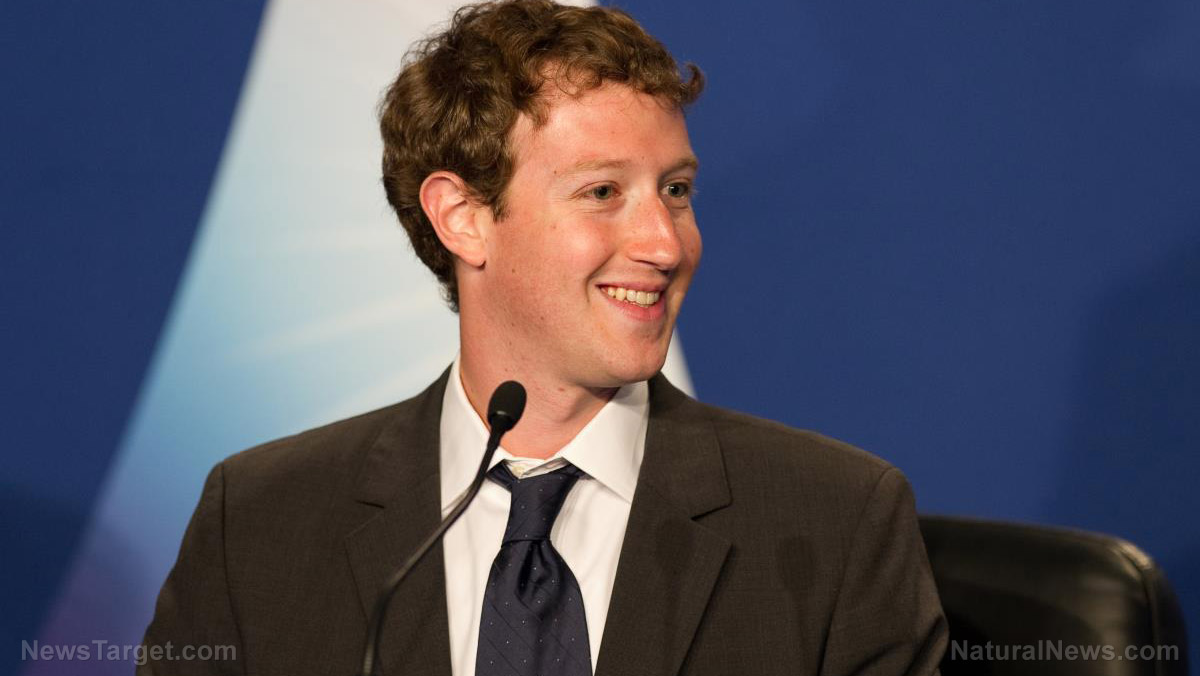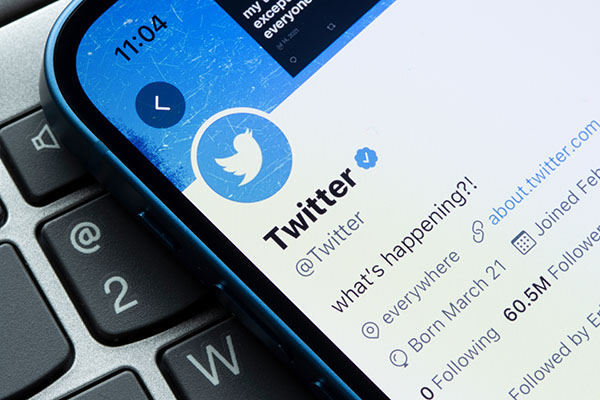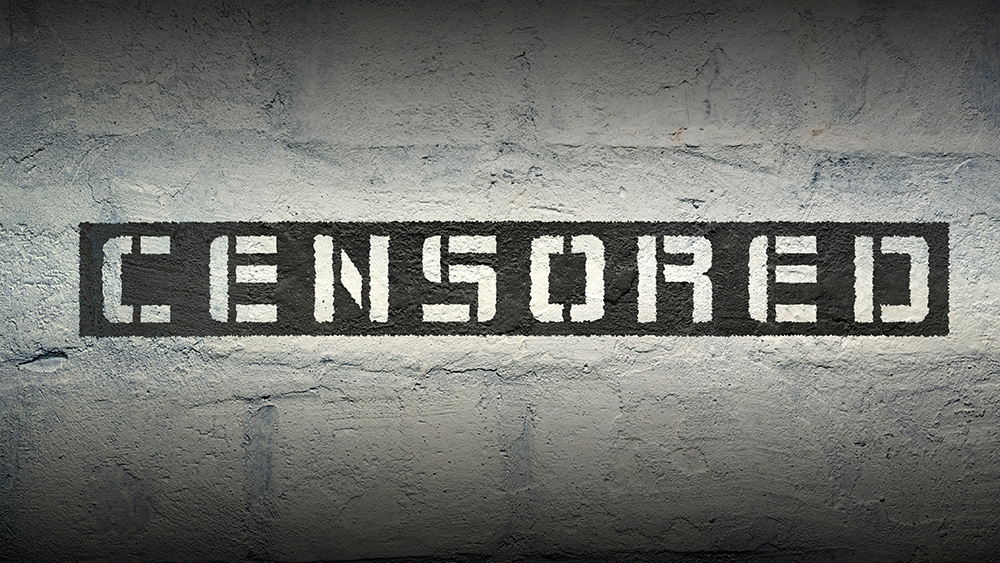Battle of Tech Titans: Zuckerberg’s Threads trying to dethrone Musk’s Twitter (but is failing miserably)
07/19/2023 / By Zoey Sky

For Mark Zuckerberg, chief executive and chairman of Meta Platforms, the launch of Threads this July is the result of a secretive, months-long effort aimed at changing the narrative about his leadership of the social-media giant during what many consider the most difficult stretch in its history.
The initial success of Threads resulted in Zuckerberg seizing the chance to gloat and present himself successfully on the offense after a string of failures and bad publicity.
However, this success also resulted in Zuckerberg putting on a strange show where he is allegedly “a winning jujitsu battler,” a front he and his handlers have cultivated in his recent social media posts.
According to people in the know, the outward triumphalism reflects Zuckerberg’s attitude behind the scenes. They say he has become more determined. The new leaf has also been described by some as a return to “OG Mark” who was more cutthroat in his early years running Facebook.
Insiders said that back in January, Instagram head Adam Mosseri led a core group that began to work on what was known internally as Project 92 with Zuckerberg’s guidance.
Project 92 was the code name for the app that is now called Threads. The reasoning or significance of the code name is yet to be determined.
Staffers worked in secret to find out how Meta could create an alternative to Twitter that would work with its current apps, such as the original Facebook and Instagram, along with its messaging platforms Messenger and WhatsApp.
Zuckerberg capitalizes on Musk’s blunders
The goal was partly the result of Elon Musk’s many errors after acquiring Twitter back in 2022.
After hemming and hawing about acquiring Twitter, Musk completed the deal to acquire the social media platform at his original offer price of $54.20 a share, totaling an estimated $44 billion on Oct. 28.
Within the next few days, Tesla CEO Musk fired top executives, laid off half of Twitter’s staff, formed a content moderation council that will review account reinstatements and made changes to the platform’s subscription service.
The many changes and fumbles alienated many Twitter users and advertisers.
At Meta, meanwhile, ideas for how to offer ways for users to share text updates with their followers started to develop amid the chaos.
Project 92 was unveiled internally at an employee town hall in early June by Chris Cox, Meta’s chief product officer and one of Facebook’s first 15 software engineers. Cox told employees that Meta had heard from creators and public figures who wanted “a sanely run” platform – a deliberate dig at Musk and his many Twitter disasters.
Thread’s official app launch was planned for later in July, but Meta decided to launch it earlier after Musk limited the number of posts Twitter users could view a day.
Sam Saliba, a veteran Silicon Valley tech executive who was previously the global brand marketing lead at Instagram, the limit on posts viewed resulted in thousands of Twitter user complaints. Saliba, who still maintains ties to Meta staff, explained that the launch of the Threads app came at the perfect time and that it helped give a “much-needed morale boost for the company.”
In a July letter from his lawyer, Musk accused Meta of poaching former Twitter engineers to develop the project. A Meta spokesman denied the claim. (Related: Twitter threatens to sue Meta over intellectual property theft allegations following its launch of Threads.)
Meta released a basic version of the project, known within the tech industry as a minimum viable product, to capitalize on Twitter’s blunder.
But this isn’t the first appearance of Threads. In 2019, Instagram had previously released a messaging app also called Threads, but it was shut down by the end of 2021.
Saliba said that since Meta already owned the brand name, the company decided to recycle Threads for the release of Project 92.
As Project 92 was developed, Zuckerberg was still trying to address several challenges in Meta’s main business. Revenue resumed slight growth in the first quarter, but profit continued to decline.
The six-month crash project to build Threads is similar to Facebook’s earlier “move-fast-and-break-things” days under Zuckerberg.
Being linked to Meta’s popular Instagram app helped Threads encourage 100 million users to sign up in less than a week, which is the fastest time for any new app to hit that mark.
But the early success of Threads isn’t enough to resolve Zuckerberg’s business problems.
Meta’s core digital-advertising business is slowly recovering after a tough 2022 that resulted in the first major cutbacks in the company’s history, significantly affecting employee morale.
Additionally, the metaverse, the concept of a more immersive digital world on which Zuckerberg has more or less bet the company, still hasn’t paid off.
Future of Threads is not exactly promising
As of writing, Threads doesn’t carry advertising. But there is no guarantee it can sustain its early momentum, advised Sensor Tower. The research firm also found that Threads is starting to see a decline in regular users.
Analysts estimate that even if Threads can maintain rapid growth, years will pass before the Twitter clone can contribute significantly to Meta’s revenue.
Earlier this month, Meta emailed advertisers to tell them that it is focused on growing Threads and building out the consumer experience before placing ads or adding monetization features on the service.
Justin Patterson, an analyst covering digital media at KeyBanc Capital Markets, warned that with the initial focus on user experience, the revenue opportunity with Threads is “likely immaterial” in the near term.
Even when Meta turns Threads ads on, the potential revenue stream might be limited.
In comparison, Twitter’s advertising business peaked in 2021 with $4.51 billion in revenue.
If Meta manages to meet that amount, that would represent a little less than four percent in year-to-year growth for Meta’s advertising business, which generated $113.6 billion in advertising revenue in 2022.
Watch the video below to learn how Threads is censoring users.
This video is from the NewsClips channel on Brighteon.com.
More related stories:
New app, same old story: Meta’s Threads accused of mass censorship and data harvesting.
Sources include:
Submit a correction >>
Tagged Under:
Big Tech, computing, conspiracy, cyber war, deception, Elon Musk, Glitch, information technology, Instagram, mark zuckerberg, meta, Project 92, Social media, tech giants, technocrats, Threads, Twitter, web traffic
This article may contain statements that reflect the opinion of the author
RECENT NEWS & ARTICLES
COPYRIGHT © 2017 CYBER WAR NEWS


















